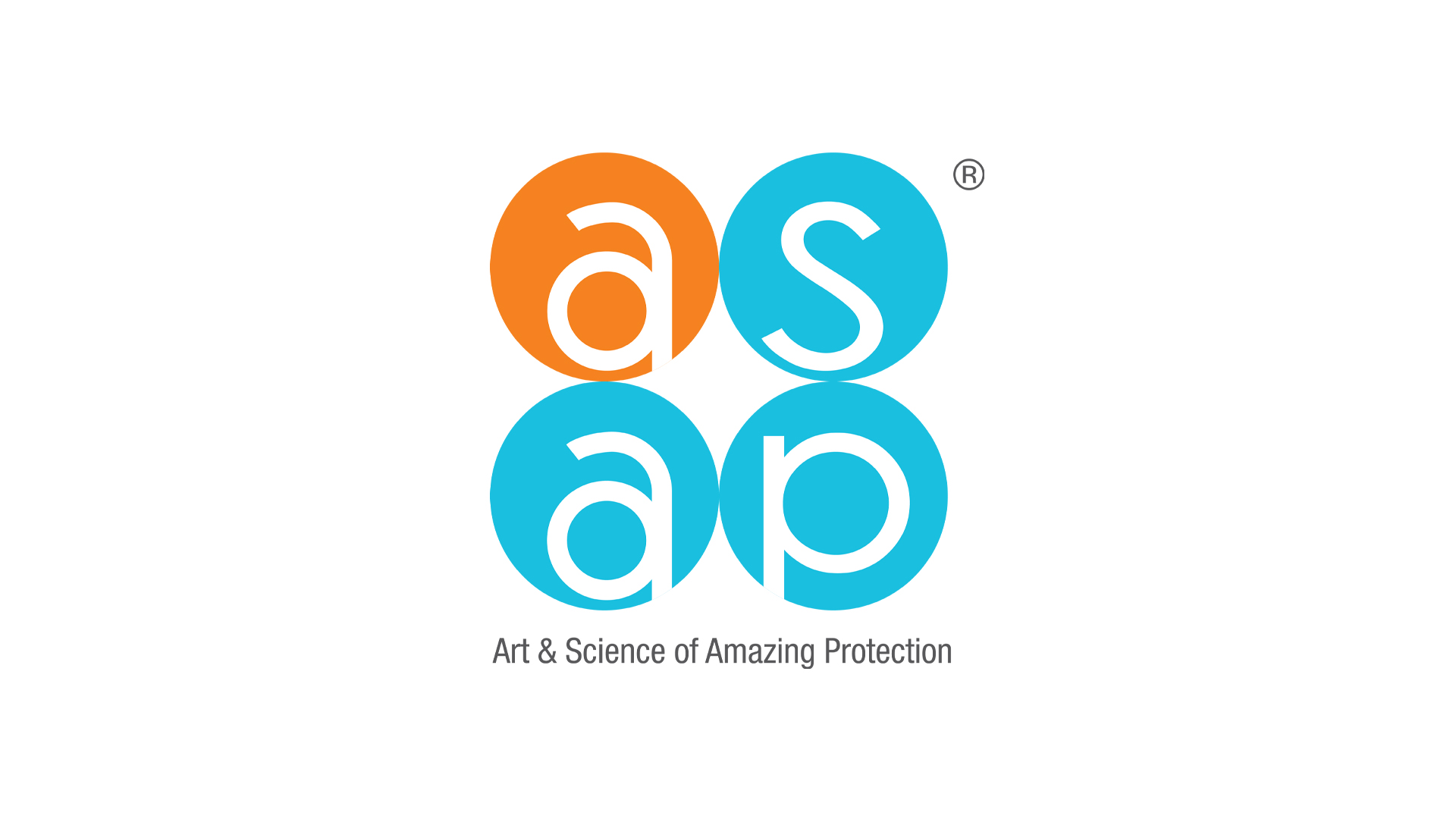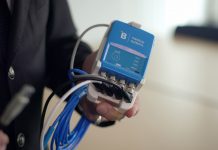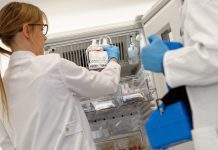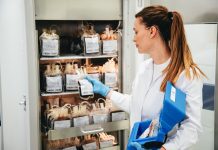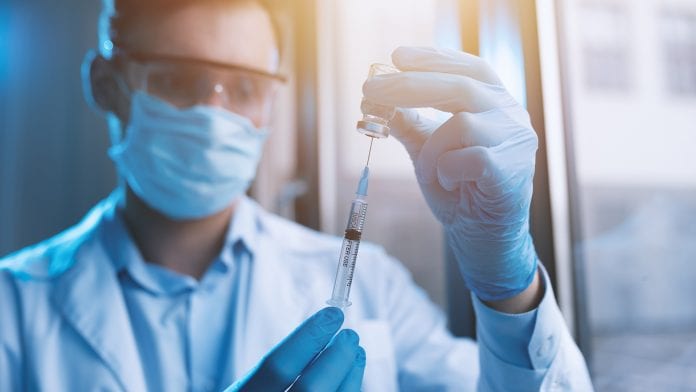
ASAP Innovations represents the healthcare PPE provider of choice – credible, reliable, and most importantly, certified.
ASAP Innovations is a leading manufacturer of medical PPE (Personal Protective Equipment) catering to the needs of healthcare professionals with high-quality products.
Based in Ireland and Malaysia, with more than 30 years of experience manufacturing disposable products in more than 80 countries worldwide and a commitment to hygiene control and quality assurance, ASAP Innovations’ 150 certified product lines of masks and gloves are now available to UK organisations.
ASAP Innovations’ products include medical face masks and a range of gloves, including nitrile gloves, latex gloves, vinyl gloves, cleanroom gloves, and surgical gloves. Its face masks are designed for comfortable wearing and its gloves provide increased tactile sensitivity and tear resistance. Enhanced protection is at the forefront of every product, and they are ideal for any healthcare professional.
All its products on offer are highly regulated and certified to EU standards, unlike a lot of the PPE on the market at present – all ASAP Innovations products are registered with the European Medical Device Directive (MDD).
Proper hygiene standard is practiced throughout the development of all ASAP Innovations products, from raw materials handling, processing, production, inspection, to the finished product. ASAP Innovations ensures that each design meets current trends and abides by all regulatory requirements, with all its masks and gloves tested and certified by authorised notified bodies to EN standards. Its masks comply with EN 14683 and EN149 standards and its gloves comply with EN 455 and EN 374 standards.
Threats to PPE
PPE has been a lifeline for the healthcare industry over the past 18 months, enabling it to continue providing the best quality care to patients. However, increased demands, as well as other external factors such as Brexit, have resulted in several issues coming to light.
Since the start of the pandemic last year, there have been multiple issues for PPE supplies, including worldwide material shortages, factory closures, increased demand, and fraudulent products. These issues pose a threat to the supply of protective equipment and it is therefore essential that healthcare organisations get on top of this now to ensure they are able to continue protecting their staff and patients.
Worldwide material shortages
As a result of significant increased demand for PPE due to the COVID-19 pandemic, the PPE industry is under threat from a worldwide shortage of nitrile – the material used for gloves that enables protection for longer periods of wear. Estimated presold quantity in Malaysia as of January 2021 is 160 billion gloves – which is the equivalent of 6.86 months of production capacity, thus leading to a long lead time until year end. In addition, according to the Malaysian manufacturers’ association MARGMA, worldwide demand is projected to rise from 296 billion in 2019 to 420 billion this year, an expected year-on-year annual growth of between 15 to 20%. With glove manufacturers flat out currently, this is not a deficit that will quickly be resolved.
Due to current shortages in nitrile raw materials, glove manufacturers are converting some production lines over from nitrile to latex, to ensure production capacity is kept running to a maximum and supply continues.
Mass factory closures
At the end of 2020, it was revealed that the world’s number one manufacturer of medical gloves had experienced a control movement restriction order in Malaysia which resulted in over half (55%) of its factories being shut. Furthermore, the world’s third biggest supplier of medical gloves was forced to shut a quarter (25%) of its factories due to COVID-19 outbreaks among its staff.
As a result of these closures, the Klang Valley area in Malaysia, which is responsible for almost a third of the world’s supply of medical gloves is thought to be working at a 50% capacity. This poses a very serious risk to medical glove supply over the coming months as these manufacturers try to close the gap between supply and demand that has been created.
It is imperative that purchasers understand where their supply is coming from and how it could be potentially impacted. Ensuring that the manufacturers you work with have adequate measures in place to protect their factory workers from the spread of COVID-19 is essential, along with knowing the output forecasts of those manufacturers.
Fraudulent PPE
The shortages of PPE at the beginning of the pandemic led to fraudsters producing fake, unregulated, or inferior quality products, therefore posing a risk to the healthcare workers, putting their lives on the line through inadequate protection. The British Standards Institute (BSI) found an increase[1] in PPE being sold with documentation that is either inaccurate or has been falsified so it is therefore imperative that those purchasing PPE understand how to ensure they are buying legitimate and certified PPE to avoid fake equipment that doesn’t actually protect workers and patients.
We ourselves have seen fraudsters trying to replicate our brand over the past year as groups attempted to cash-in on the increased demand for protective equipment.
With this in mind, here are the five key areas that certified and registered PPE will fall under:
- Notified bodies – an organisation designated by an EU country to assess the conformity of certain products before being placed on the market. All notified bodies which are designated to assess PPE are listed on the EU Commission’s NANDO3 (New Approach Notified and Designated Organisations) website, which is updated regularly, so purchasers should look for products that have been certified by notified bodies
- CE Markings 4 – indicate that the product has been assessed by the manufacturer and deemed to meet EU safety, health, and environmental protection requirements – a requirement for products placed on the EU market that are manufactured anywhere in the world. The Manufacturer providing the EU market with the product is obligated to issue a declaration of Conformity, meaning they take full responsibility for placing the product on the EU market
- Technical file5 – provides information on the design, manufacture, and operation of a product and must demonstrate the product conforms to the applicable requirements. The technical documentation is necessary to prove the product meets the essential requirements to justify and support an EU declaration of conformity.
- EU declaration of conformity – a mandatory document that a manufacturer or the authorised representative need to sign to declare the products comply with the EU requirements. The document must reflect the: manufacturer, the address, implementation standard, ingredient content, production batch number, production date, and expiration date, to name a few. Suppliers of gloves and masks should provide the technical file and EU Declaration of Conformity.
- EN standards 6 – medical products on the EU market should comply with EN standards. For example, masks should comply with EN 14683 and EN149 standards and gloves should comply with EN 455 and EN 374 standards. A lot of businesses that are supplying fake and unsuitable PPE will have the wrong standard in relation to the given masks or gloves.
Brexit
Following last minute Brexit agreements, and the pandemic having disrupted preparations, many organisations have been left scrambling and there is still much confusion post-Brexit. Just a few months ago, the British Chambers of Commerce found that only half of UK firms that trade internationally had considered the impact of Brexit on their business. But with PPE having never been more important than it is currently, it is critical that hospitals and healthcare institutions protect their PPE supply by ensuring their suppliers are ready for the changes to come.
With the EU stockpiling emergency medical supplies, including PPE as part of its RescEU programme, there is also a risk that the UK will be squeezed out as manufacturers favour ‘an easier option’, supplying to nations in which they are already accredited and do not need to apply for further registration. In this instance, many UK organisations, and importantly, healthcare institutions will not be able to continue sourcing PPE from their previous suppliers.
We are currently in a grace period, with CE markings continuing to be recognised in Great Britain until 30 June 2023, meaning certificates issued by EU-recognised Notified Bodies will continue to be valid for the Great Britain market until this date. However, after the 1 January 2021, the EU no longer recognises UK Notified Bodies such as the MHRA. This means that UK suppliers will need to register products with other EU Notified Bodies in order to export to the EU after this date. Additionally, manufacturers from outside the UK will need to appoint a single UK ‘responsible person’ who will take responsibility for the product.
Ensuring critical PPE supply is maintained
Hospitals and healthcare institutions have had multiple issues with PPE supplies since the start of the pandemic last year. The industry has, and continues to battle with worldwide material shortages, increased demand, fraudulent products, factory closures and Brexit challenges after the initial grace period of certifications comes to an end.
It is therefore essential that buyers get on top of this now to ensure they are able to continue protecting their staff and patients.
Working with a supplier who is aware of these issues and has contingency plans in place to deter any potential shortages, along with the ability to spot fake PPE products are key to ensuring a consistent supply of credible and certified products.
Sean Keller, Managing Director, ASAP Innovations, comments: “It is crucial that healthcare professionals have access to the best quality and regulated PPE from a credible, certified provider. A lot of PPE providers overpromise and underdeliver even when dealing with such important equipment which is a major concern considering the consequences can in some cases be fatal.”
If you are looking for certified protection for your functional and practical needs, choose ASAP Innovations, where transparency and legitimacy are the priority.


